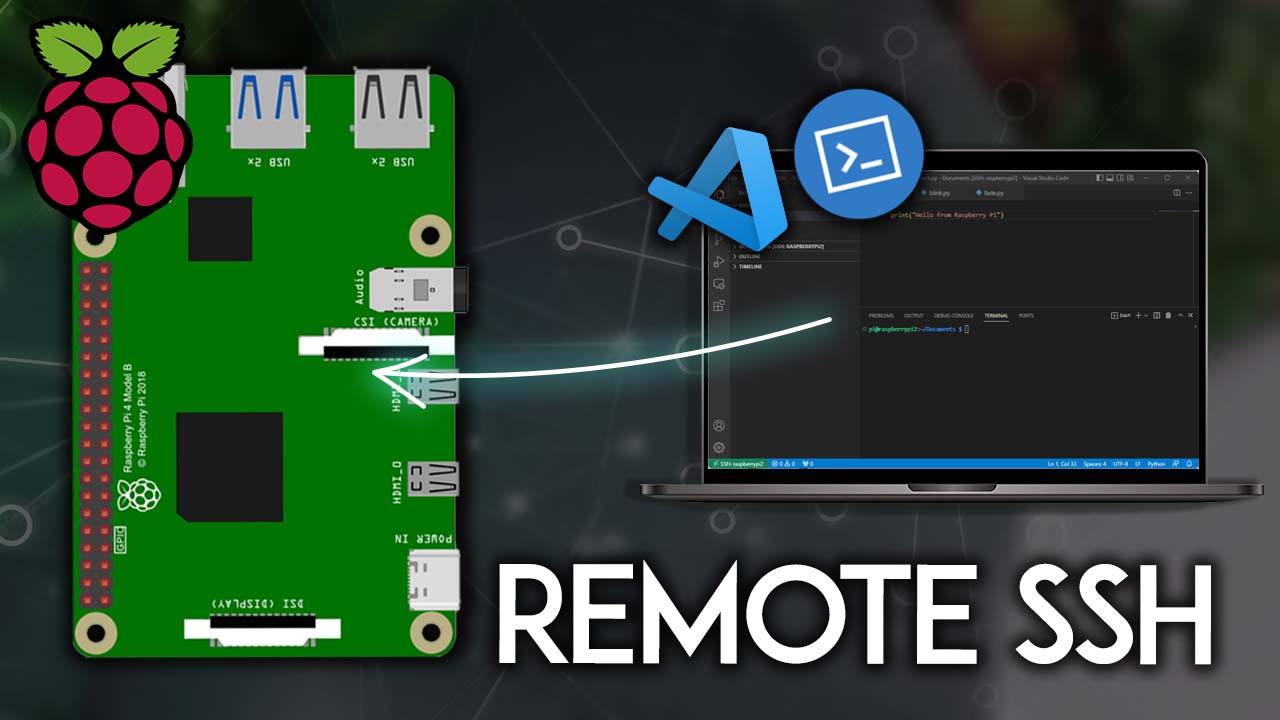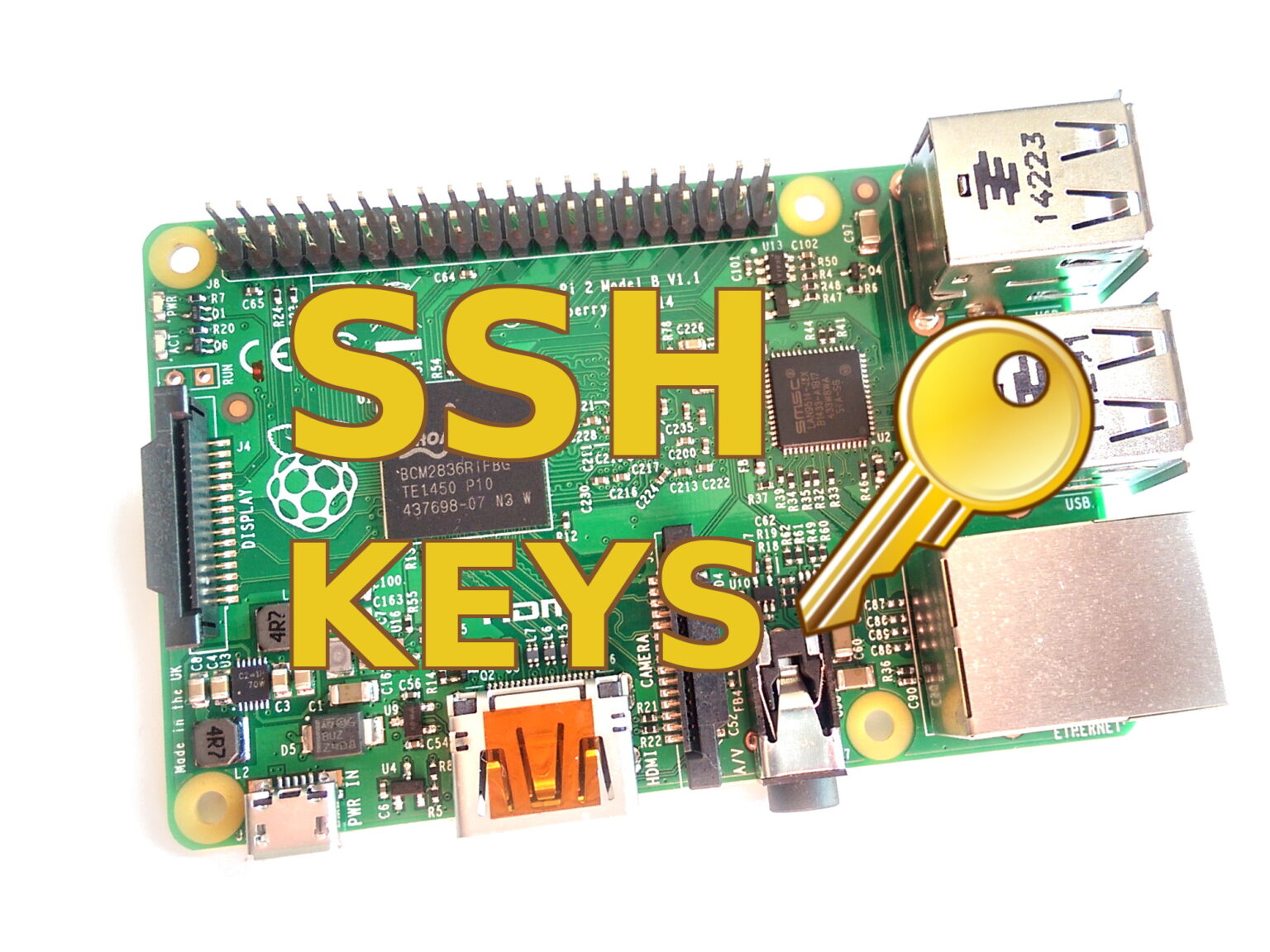Top Remote IoT Platforms For Raspberry Pi: Your Guide To Success!
Are you ready to unlock the full potential of your Raspberry Pi and transform it into a powerhouse of remote control and automation? Choosing the right Remote IoT (Internet of Things) platform is the crucial first step to building secure and efficient IoT projects with your Raspberry Pi.
The world of the Internet of Things is rapidly expanding, and at its heart lies the Raspberry Pi, a remarkably versatile platform. From the comfort of your home to complex industrial environments, this tiny device is reshaping how we interact with technology. But how do you effectively manage and control your Raspberry Pi from afar? The answer lies in the selection of the right remote IoT platform. This is where this guide comes in.
Selecting the ideal platform, free of charge, for your Raspberry Pi needs careful consideration. It's a decision that can significantly influence the success of your projects, impacting everything from ease of use and scalability to the critical aspect of robust security. The market offers many options, including powerful platforms like AWS IoT, Microsoft Azure IoT, and Google Cloud IoT.
- Shane Dawson Proposal The Inside Story You Need To Know
- Crazyjamjam Leaked Fanfic The Ultimate Fan Guide You Need To Read
Before we delve into the leading platforms, let's take a closer look at the core components, which are the platforms for efficient management. One key element is secure shell (SSH) keys. Now that you understand the importance of SSH keys, let's discuss the platforms that make managing them a breeze. These platforms not only help you manage SSH keys but also offer a range of other features to enhance your IoT experience. The benefits of using a Remote IoT platform with your Raspberry Pi are numerous, including enhanced connectivity, improved security, and greater flexibility. These platforms empower users to build and manage sophisticated IoT applications with ease.
This article is to provide you expert insights and actionable recommendations for you to achieve success, explore the best remote IoT platforms tailored for Raspberry Pi. The core benefits of using remote IoT with Raspberry Pi is:
- Enhanced Connectivity: Remote IoT platforms enable you to connect your Raspberry Pi to the internet, allowing you to access and control it from anywhere in the world. This opens up possibilities for remote monitoring, control, and automation.
- Improved Security: Many remote IoT platforms offer security features, such as encryption, authentication, and access control, to protect your Raspberry Pi and your data from unauthorized access. Using SSH keys for secure access further enhances security.
- Greater Flexibility: Remote IoT platforms provide flexibility in terms of what you can do with your Raspberry Pi. You can use them for various applications, such as home automation, industrial monitoring, and environmental sensing.
The capabilities of Raspberry Pi are practically unlimited, ranging from home automation to industrial monitoring. A tiny device with the power to connect your entire smart home, monitor weather conditions, or even automate industrial processes. Thats exactly what Raspberry Pi brings to the table.
- Man Missing Head In Nashville The Shocking Story That Left Everyone Speechless
- Jackerman Animation The Rising Star In The World Of Digital Entertainment
Choosing the right IoT platform can significantly impact the success of your projects. Let's delve into the most popular and powerful platforms, each offering unique strengths for remote Raspberry Pi management.
| Platform | Key Features | Ease of Use | Scalability | Security | Community Support | Cost | Best For |
|---|---|---|---|---|---|---|---|
| AWS IoT Core | Device management, data ingestion, analytics, rules engine, security, integration with other AWS services. | Moderate, requires understanding of AWS ecosystem. | High, designed for large-scale deployments. | Robust, integrates with AWS security features. | Excellent, large and active community. | Pay-as-you-go, free tier available. | Large-scale IoT projects, integration with other AWS services. |
| Microsoft Azure IoT Hub | Device provisioning, device management, data ingestion, data processing, security, integration with Azure services. | Moderate, requires understanding of Azure ecosystem. | High, designed for large-scale deployments. | Robust, integrates with Azure security features. | Good, active community. | Pay-as-you-go, free tier available. | Enterprise IoT projects, integration with other Azure services. |
| Google Cloud IoT Core | Device registration, device management, data ingestion, data processing, security, integration with Google Cloud services. | Moderate, requires understanding of Google Cloud ecosystem. | High, designed for large-scale deployments. | Robust, integrates with Google Cloud security features. | Good, growing community. | Pay-as-you-go, free tier available. | Large-scale IoT projects, integration with other Google Cloud services. |
| BalenaCloud | Containerized application deployment, device management, over-the-air updates, monitoring, remote access. | Easy to use, designed for developers. | Good, supports a large number of devices. | Good, includes secure device management and updates. | Active community and strong documentation. | Free for up to 10 devices, paid plans available. | Rapid prototyping, edge computing, and fleet management. |
| ThingsBoard | Device management, data collection, data visualization, rules processing, alarm management, integration with various protocols. | Moderate, has a user-friendly web interface. | Good, supports a large number of devices. | Good, includes security features like user authentication and access control. | Active and helpful community. | Open-source (free) with paid professional services. | Data-driven IoT applications, dashboards, and real-time monitoring. |
| Cayenne | Drag-and-drop dashboard creation, device management, data visualization, remote control, alerts. | Very easy to use, ideal for beginners. | Moderate, suitable for smaller to medium-sized projects. | Good, includes secure device management. | Good community support and documentation. | Free for personal use, paid plans for commercial use. | Quick prototyping, home automation, and beginner-friendly projects. |
| Node-RED | Flow-based programming, device connectivity, data processing, integration with various protocols and services. | Easy to use, visual programming interface. | Good, can be deployed on various platforms. | Good, supports secure communication protocols. | Large and active community. | Open-source (free). | Data processing and automation, connecting devices and services. |
These platforms not only help you manage SSH keys but also offer a range of other features to enhance your IoT experience. Each platform provides different features and capabilities, so choosing the one that best fits your project requirements is critical. Platforms like AWS IoT, Microsoft Azure IoT, and Google Cloud IoT provide robust solutions for large-scale deployments. The best remote IoT platform for Raspberry Pi should offer ease of use, scalability, and robust security.
Let's delve into the technical aspects of SSH keys and their role in securing your Raspberry Pi setup. SSH keys are fundamental for secure access to your Raspberry Pi. They offer a more secure alternative to password-based authentication, enhancing security and streamlining remote management. Generating and using SSH keys is a critical step in securing your Raspberry Pi.
In this guide, we will explore the best remote IoT platforms that support SSH key authentication and are free to use with Raspberry Pi. Remote IoT platforms allow you to monitor, control, and manage your devices from anywhere in the world. These platforms empower users to build and manage sophisticated IoT applications with ease.
For Raspberry Pi users, selecting the best remote IoT platform is crucial for achieving efficient and scalable projects. As IoT technology continues to evolve, the demand for efficient and reliable remote management solutions has skyrocketed. That's where this guide comes in! Choosing the best remote IoT platform that supports SSH key authentication for your Raspberry Pi is key to building secure and efficient IoT projects.
By understanding the features, benefits, and best practices of these platforms, you can make smart decisions that align with your project goals. Remote IoT platforms allow you to monitor, control, and manage your devices from anywhere in the world.
Remember that the best remote IoT platform for Raspberry Pi should offer ease of use, scalability, and robust security. In conclusion, choosing the best remote IoT platform free for Raspberry Pi requires careful consideration of your needs and requirements. By evaluating factors such as features, security, and community support, you can select a platform that meets your project's demands and budget.



Detail Author:
- Name : Aletha Mueller
- Username : effertz.euna
- Email : wilkinson.josephine@gmail.com
- Birthdate : 1995-12-05
- Address : 69556 Kunze Valley Suite 840 New Raphaellechester, NC 53438
- Phone : +1 (479) 542-7735
- Company : Wehner, O'Kon and Murazik
- Job : Visual Designer
- Bio : Non modi fuga et voluptates provident quos non. Commodi non corrupti eum autem quae quisquam. Labore occaecati reprehenderit commodi et fuga.
Socials
facebook:
- url : https://facebook.com/ike_xx
- username : ike_xx
- bio : Qui similique quia quia quibusdam ratione quia.
- followers : 4034
- following : 131
instagram:
- url : https://instagram.com/wintheiseri
- username : wintheiseri
- bio : Beatae excepturi ut eos id quas ipsa aut. Qui qui ex sed quos. Ut quasi quidem quasi accusantium.
- followers : 1438
- following : 152
twitter:
- url : https://twitter.com/ike7156
- username : ike7156
- bio : Velit enim quas nihil itaque aperiam optio sed blanditiis. Inventore doloribus deleniti voluptas dolorem.
- followers : 635
- following : 1001
linkedin:
- url : https://linkedin.com/in/wintheiseri
- username : wintheiseri
- bio : Provident aut est aut quia sint quam eaque.
- followers : 2734
- following : 313